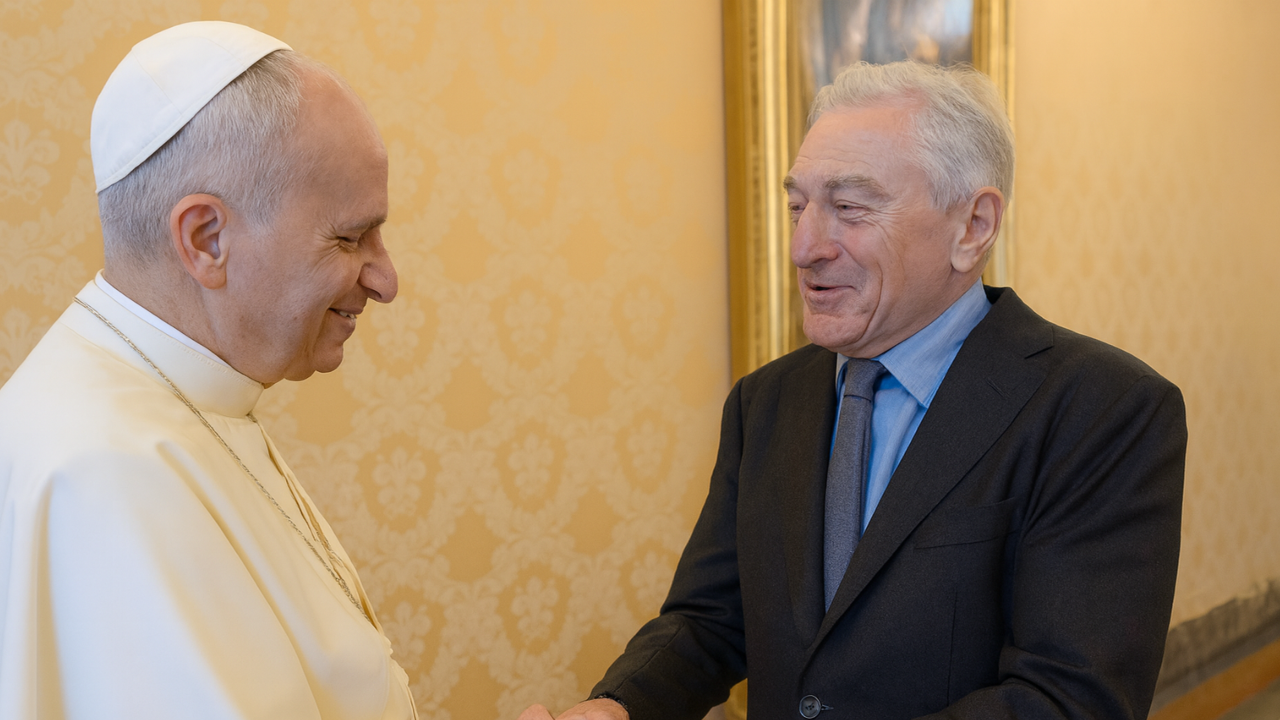
Two weeks, Pope Leo XIV told Hollywood stars at the Vatican, “The logic of algorithms tends to repeat what works, but art opens up what is possible.” His warning came amid a staggering $3 billion collapse in U.S. and Canadian box office revenue, the worst summer since 1981.
Cinema jobs, theaters, and audience habits are all under pressure. This speech sets the stage for a confrontation between algorithmic filmmaking and authentic artistic storytelling. Let’s explore why.
Who Is Pope Leo XIV?

Robert Francis Prevost, born September 14, 1955, in Chicago, became Pope Leo XIV on May 8 this year, marking the first time a U.S.-born pontiff has been elected in history. With a mathematics degree from Villanova University and decades in South America, his election marked a unique intersection of American upbringing and global Catholic leadership.
Before his election, Prevost headed Rome’s Dicastery for Bishops and held Peruvian citizenship, having spent years as a bishop in Chiclayo. His academic and pastoral experience provides him with a unique perspective on culture, morality, and the societal role of cinema. But was this perspective what led him to challenge Hollywood’s algorithms?
Hollywood’s Elite At The Vatican
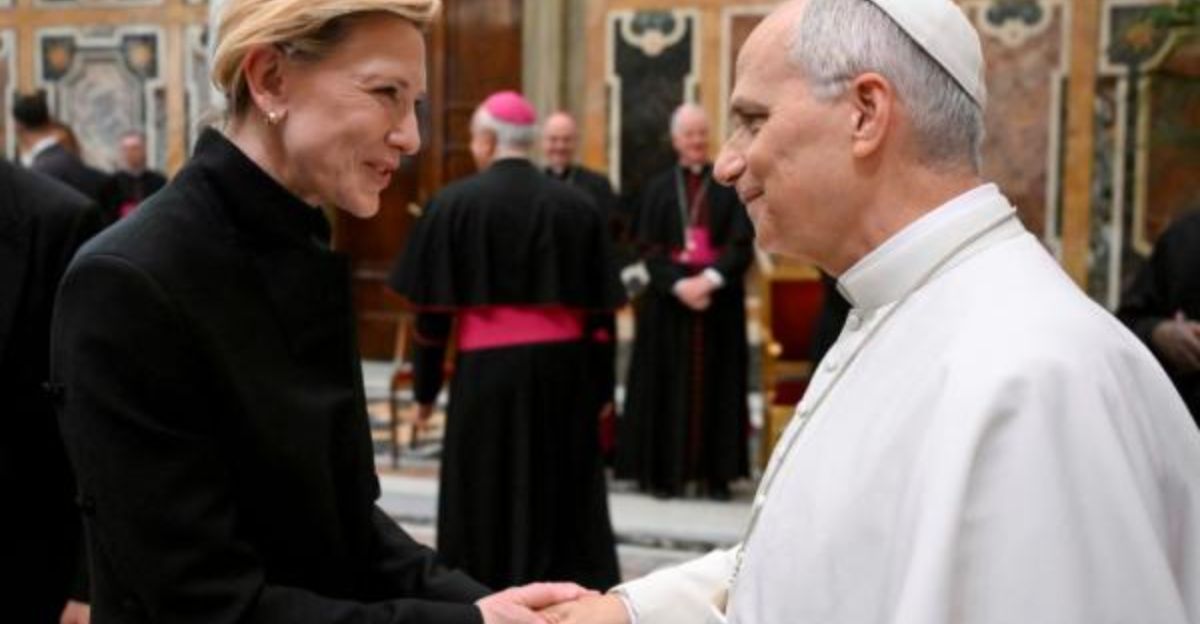
The November 15 audience included Cate Blanchett, Spike Lee, Monica Bellucci, Chris Pine, Adam Scott, Viggo Mortensen, and Judd Apatow with Leslie Mann. Directors Greta Gerwig, George Miller, and Gus Van Sant also attended. Their presence signaled the gravity of the papal appeal for artistic integrity in a time of algorithmic influence.
This gathering brought together actors, directors, and producers responsible for billions in global box office revenue. Their reactions would shape how Hollywood responds to Leo XIV’s warnings. Could these leaders champion the Pope’s call for authentic storytelling?
A $3 Billion Crisis Unfolds

Summer 2025 earned just $3.67B at the U.S. and Canadian box office, the lowest summer revenue since 1981. The broader annual decline from $11.4B in 2019 to $7.05B–$8.56B in 2024 created a $2.84B–$4.35B revenue gap, highlighting the urgency behind the Pope’s appeal to resist algorithmic filmmaking.
Theaters are closing at unprecedented rates, with 5,691 screens removed since the pandemic. Even international chains like Cineworld and Ster-Kinekor shutter venues. However, tracing the timeline of closures and revenue declines provides clues about how the cinema industry .0reached this breaking point.
The Human Toll Behind Numbers
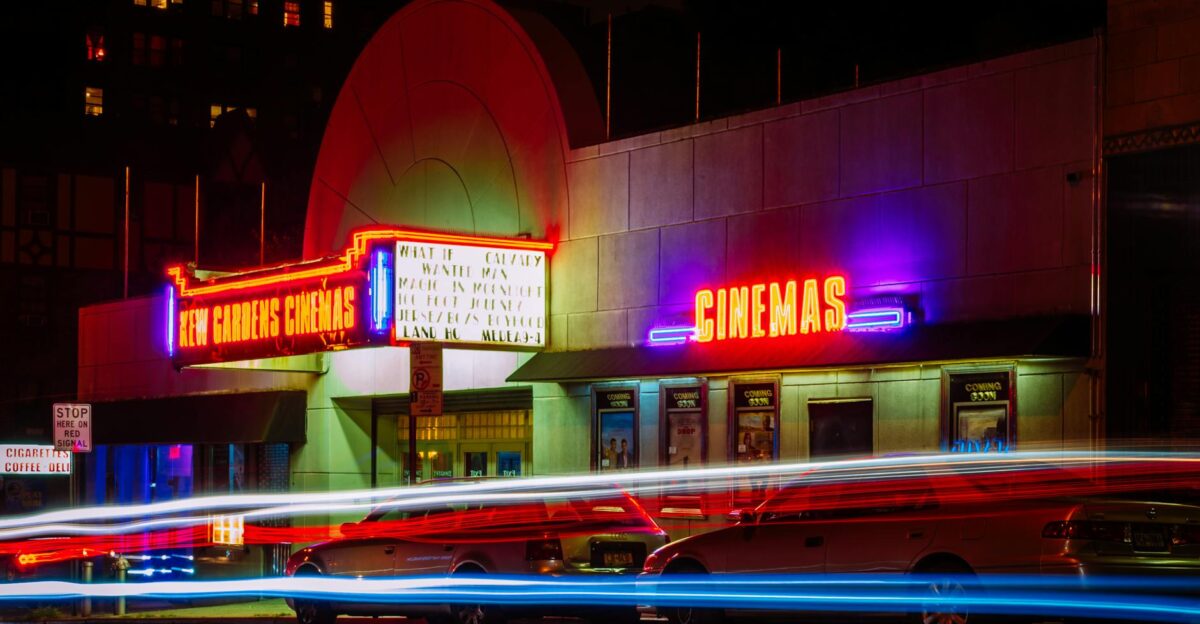
The U.S. cinema industry once employed 399,500 workers. By May 2021, exhibition jobs plunged 63% from 144,200 to 53,300, compounded by declines in Los Angeles County’s motion picture sector. Each theater closure rippled across suppliers, food vendors, and logistics, amplifying unemployment.
Audiences also paid a price: annual attendance dropped by 469.5 million tickets from 2019 to 2024. This erosion of communal experience raises questions about the future role of theaters as social spaces. What happens when audiences vanish from cinemas entirely?
Streaming Algorithms And Artistic Control

The Pope targeted the AI-driven content decisions of streaming platforms. Netflix reportedly invests $1 billion annually in its recommendation engines, which guide what films reach audiences. Algorithms prioritize proven formulas over originality, encouraging homogenized storytelling and sidelining bold artistic projects.
This algorithmic loop fuels the revenue gap and artistic stagnation. By analyzing preferences, AI constrains human creativity, prompting Leo XIV to frame cinema as a “workshop of hope.” How might filmmakers reclaim agency in the face of these data-driven systems?
Temporal Anatomy Of The Collapse

Key dates define the crisis: pre-COVID-2019 saw 80-90 day theatrical windows, 2020-2021 shortened due to pandemic lockdowns, and by 2025, Universal Pictures released films within 17 days before premium digital rental. Q1 2025 saw a 22% year-over-year drop in LA production.
These compressed timelines discourage theater attendance and undercut production jobs. Understanding this chronology explains why the Pope’s November address resonated with both audiences and industry leaders. Could earlier intervention have prevented such steep losses?
Geographic Epicenter Of Decline

North America dominates the downturn, with an annual revenue gap of $2.84B–$4.35B. Theater closures have hit U.S. metropolitan areas the hardest, while Canadian chains are also mirroring the decline. Globally, Europe is recovering faster, and the Asia Pacific is projected to lead growth, creating a geographic imbalance in cinematic production and revenue.
Specific U.S. closures include AMC and Regal locations; South Africa’s Ster-Kinekor closed multiple theaters citing weak consumer spending. These patterns illustrate how localized financial pressures contribute to worldwide consequences. Is Hollywood prepared for a global strategic rethink?
Window Compression And Consumer Behavior
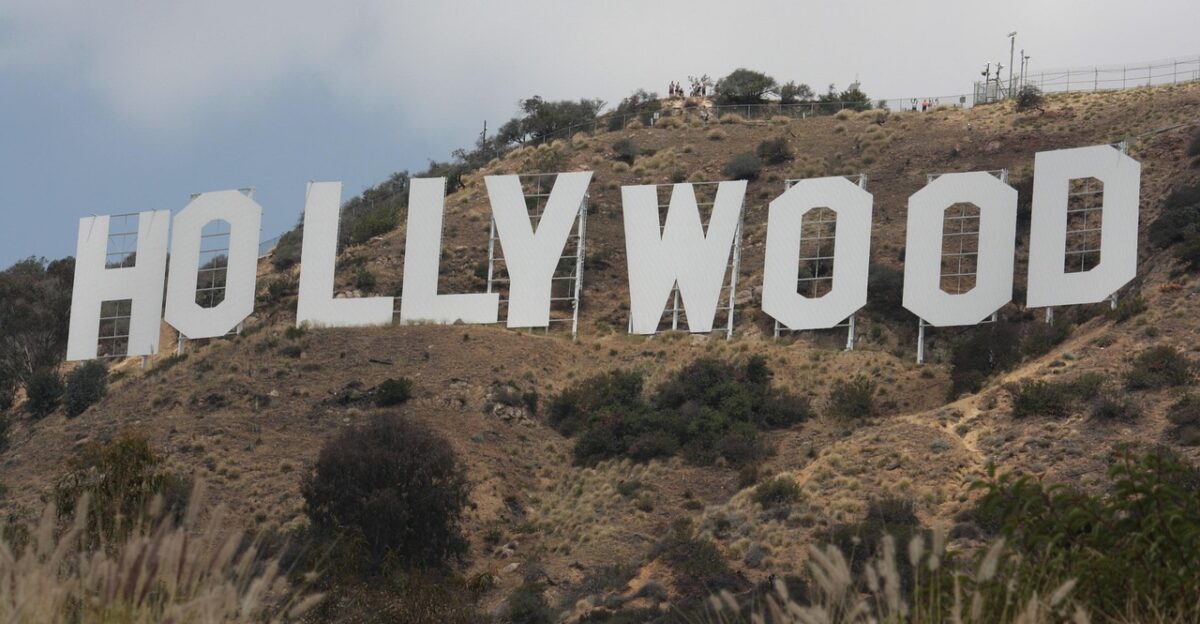
Shortened theatrical windows incentivize viewers to wait for the streaming release. Theaters lost their “event” status as films became accessible within 17 to 32 days. Cinelytics analysis reveals that films in this range underperform compared to traditional 90-day exclusivity, resulting in reduced box office revenue and a weakening of cinema culture.
Consumers face rising ticket prices ($15–$25+), creating a double squeeze. Fewer visits → higher concessions → even fewer visits. This downward spiral accelerates closures and revenue loss, forcing chains to rethink their entire business model.
Algorithmic Content Gatekeeping

Machine-learning systems analyze frame-level video data to recommend and greenlight films. Stories that explore marginalized voices, slow-burn narratives, or controversial topics are deprioritized. The Pope emphasized: “The logic of algorithms tends to repeat what works, but art opens up what is possible.”
This feedback loop narrows audiences’ exposure to diverse storytelling. Will Hollywood risk creative stagnation, or will artists embrace the Pope’s call for courageous, human-centered cinema?
Production Contraction And Layoffs
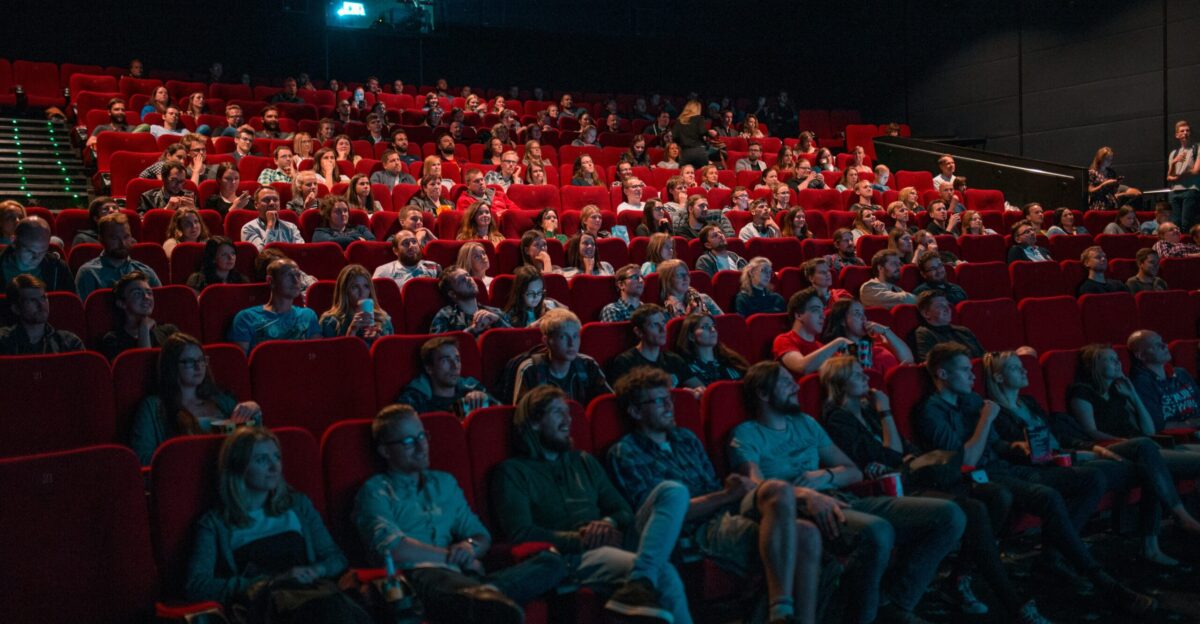
Fewer theatrical releases lead to fewer shoot days in hubs like Los Angeles. The 2023 WGA and SAG-AFTRA strikes exacerbated the situation, temporarily halting production. By Q1 2025, production remained 22% below the prior year’s level, resulting in reduced commissions for directors, writers, and technical crews.
This contraction translates directly to lost livelihoods and weakened creative infrastructure. Could strategic countermeasures restore stability to Hollywood’s production ecosystem?
Theater Bankruptcy And Cascading Closures
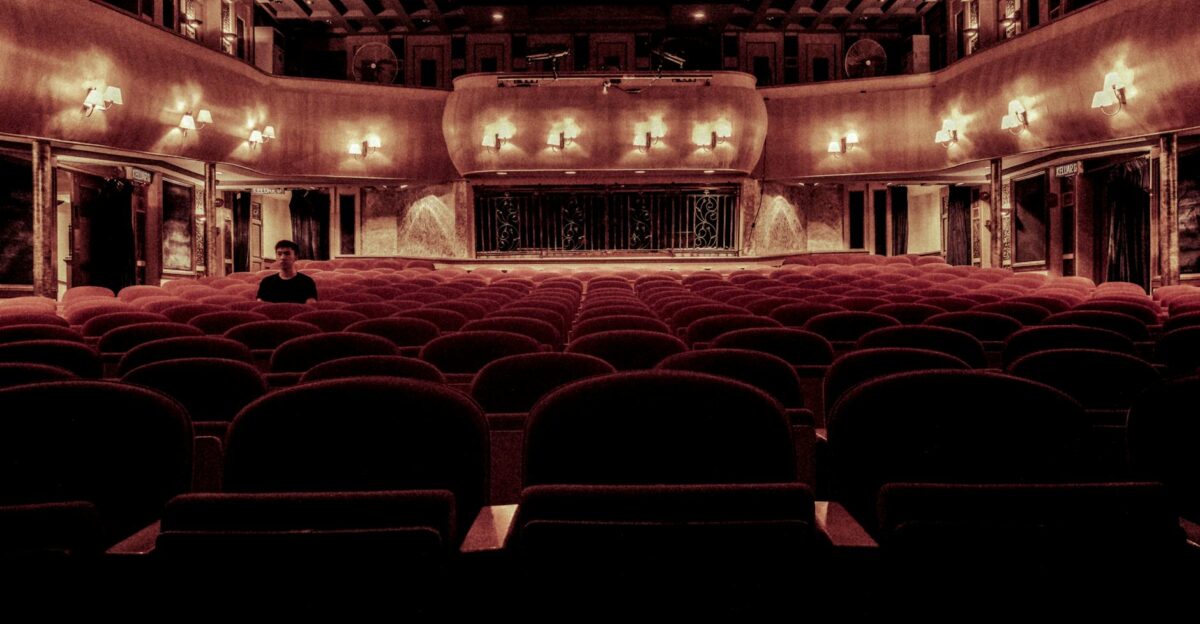
Cineworld’s 2022 Chapter 11 filing triggered permanent closures. Regal Cinemas shuttered 39 U.S. locations in 2023 and six UK sites in 2024. Smaller, independent theaters lacked the capital to survive, thereby removing community gathering spaces that were vital for cinematic culture and collective audience experiences.
This domino effect shows how financial fragility in large chains endangers local arts. Will Hollywood find ways to sustain theaters as both business and cultural institutions?
Geographic Fragmentation Of Production

Streaming companies are now producing films internationally to cut costs, resulting in a reduction of Hollywood-centered releases. Los Angeles’s infrastructure is hollowed out, and local theaters receive fewer studio-supported releases. South Africa’s Ster-Kinekor closures exemplify the global impact of geographic production shifts.
This migration raises questions about the future of domestic cinema as a hub for the industry. Can Hollywood adapt to maintain local employment and preserve theatrical culture?
Vatican’s Call To Cultural Resistance
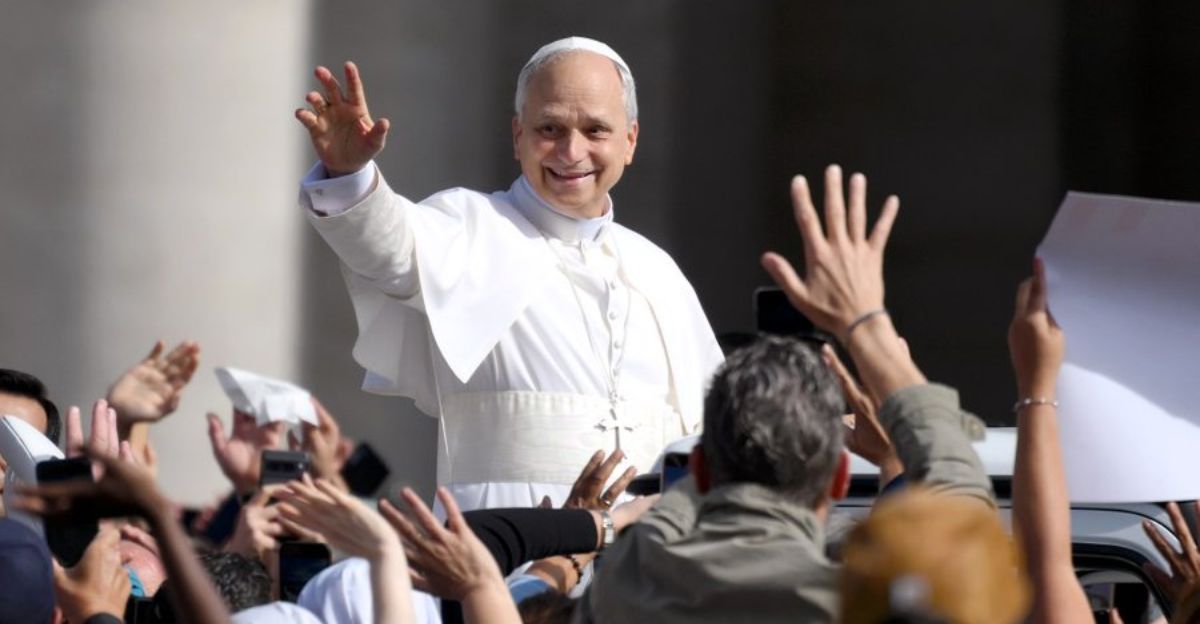
Pope Leo XIV urged filmmakers to “not be afraid to confront the world’s wounds.” Spike Lee called the speech a “love letter” on hope and cinema’s role, while Cate Blanchett emphasized storytelling as a force for unity over algorithmic division.
The Pope proposed defending slowness, silence, and difference to preserve artistic integrity. Could this spiritual framework inspire a tangible reversal of industry trends?
The Multiplier Effect Of Job Losses

In 2019, 150,200 direct theater jobs supported 175,200 indirect positions and 74,100 additional jobs through spending. The 90,900 jobs lost by May 2021 resulted in the elimination of roughly 200,000 total jobs, affecting vendors, concession suppliers, and equipment maintenance providers. Communities reliant on theaters suffered economic and cultural deprivation.
These cascading losses underscore why Pope Leo XIV intervened: art sustains livelihoods, and cinema represents both financial and social capital. How will Hollywood respond to protect these interconnected networks?
The Audience And Cultural Double-Squeeze

Consumers now visit cinemas fewer than twice per year, down from 3.5 visits in 2019. Rising prices, coupled with the convenience of streaming, drive audiences away. The collapse of communal moviegoing erodes social bonds and theater relevance, creating a cultural as well as economic crisis.
Pope Leo XIV’s speech frames cinema as a spiritual and social lifeline, urging creators to prioritize human connection. Will Hollywood heed this warning before the decline becomes irreversible?